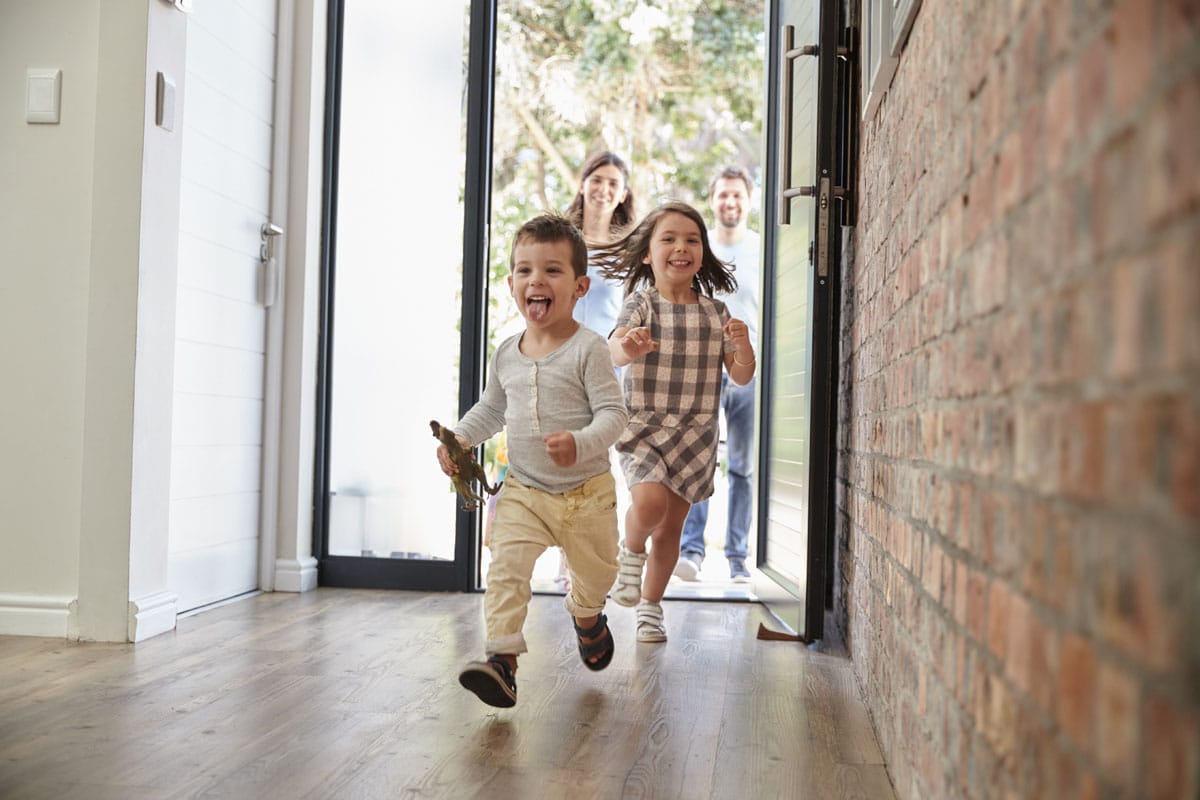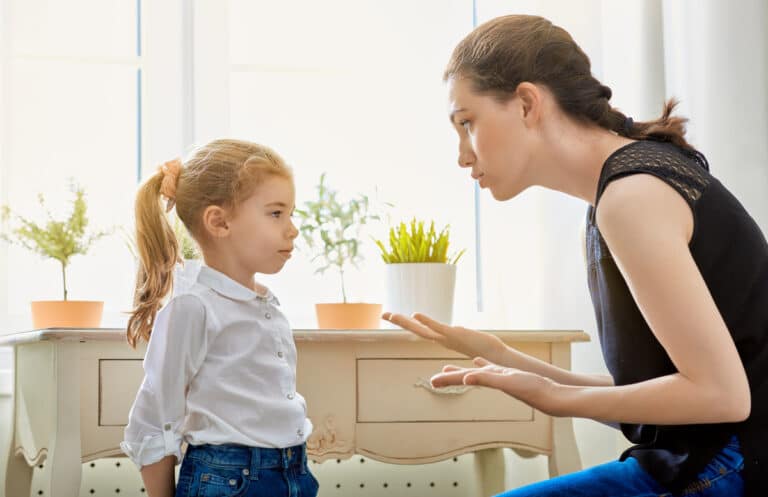Moving house is always a challenge. Throw a toddler into the mix and it becomes even tougher.
Besides the challenge of trying to get any packing done with the child in the way, there is also the aspect of how the tot will cope with the impending disruption that moving brings.
If they are aged anywhere around two, it shouldn’t be such a big deal. At least in the case of coping with the change. But once they hit 4, you might have to do some explaining to convince them why you’re leaving what they’ve always known as HOME.
If you have a move on the cards and a toddler is involved, there are a few things you can do to make the process easier for everyone. Hiring professional movers is a start that will save you plenty of headache, but besides that, there are few other things to keep in mind .
Find a temporary babysitter
This tip will especially come in handy on the day of the move when there is so much activity going on.
Having someone to watch over the baby will not only give you some much needed sanity, but it also means you don’t have to worry about the baby in the midst of all the chaos. Taking your eyes off the little one (even for a minute!) can mean trouble, as you too well know.
So, find someone – a family member, friendly neighbor, friend (if you have one nearby), or simply hire a babysitter – to take over child care duties temporarily.
Don’t pack your baby’s items first
We know, it’s always a good idea to start your packing weeks ahead of the move to avoid the stress that comes with last-minute activity.
However, while it may be tempting to pack everything in advance and cross it off your list, we advise holding off on some of your child’s belongings first. In particular, the play items – toys, baby gadgets, stuffed animals and the like – need to wait at least until three days before the move.
Why? That’s because you don’t want to starve the child of their play time (and routine) as the whole idea is to make the transition as seamless as possible for them.
Plus, you don’t want them rummaging through packed boxes hunting for their favorite pacifier or toy!
Stick to routine
Speaking of routine, children (as with pets) don’t like it when their regular routine is disrupted, whether that’s feeding, playing, or sleeping (including day naps).
Kids fear the unknown, so making sudden changes to their daily schedule will spark anxiety and fear in them.
Maintaining a regular routine ensures they take charge of their day as usual, a sense of control that is paramount in the wake of the huge change that is house moving.
Aim, as much as possible, to stick to the routine the days before and after the move.
Discuss the move with them
Children below six may be easier to move as they are yet to fully understand the changes involved, but don’t underestimate the importance of keeping them in the loop during this period.
Your guidance is important during the transition, so before the move, explain to the child about the upcoming change and why you’re about to start bringing heaps of boxes with you at home.
Always paint the move in a positive light. That means avoiding any kind of negative talk around them, as well as keeping calm yourself to avoid passing on the anxiety to the baby (which they can very well perceive).
That’s not a situation you want to put them in as it just makes everything complicated. Keeping your child in the know and explaining the nice things they can anticipate will actually have them looking forward to the move.
Introduce them to the new community
Another tip that can help your toddler cope with a move better is introducing them to the new surrounds.
Those nice things you mentioned they could look forward to? Allow them to start making those positive associations early on so they can look at it from the perspective of an adventure, not a loss.
Whether it’s swings at home (if you’re lucky) or some creative indoor pastimes, visiting the local playground or hitting the ice cream shop, ideas like these can help get them excited about the new life.
Kids being kids, it won’t be long before they forget about the life they’ve left behind.











